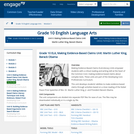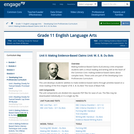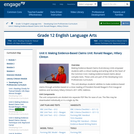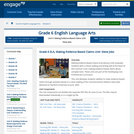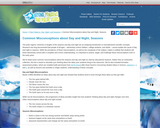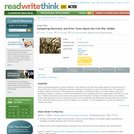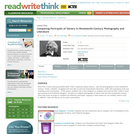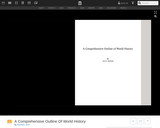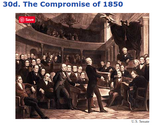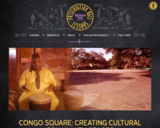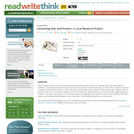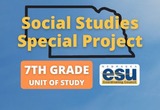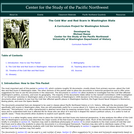
The most important part of this packet is Section VII, which contains roughly 50 documents—mostly drawn from primary sources—about the Cold War and Red Scare in Washington state. The other sections of this packet seek to place the documents in historical perspective and to offer some suggestions for how to use the documents in the classroom.
- Subject:
- Arts and Humanities
- History
- U.S. History
- Material Type:
- Activity/Lab
- Reading
- Teaching/Learning Strategy
- Textbook
- Provider:
- University of Washington
- Provider Set:
- Center for the Study of the Pacific Northwest
- Date Added:
- 02/16/2011


